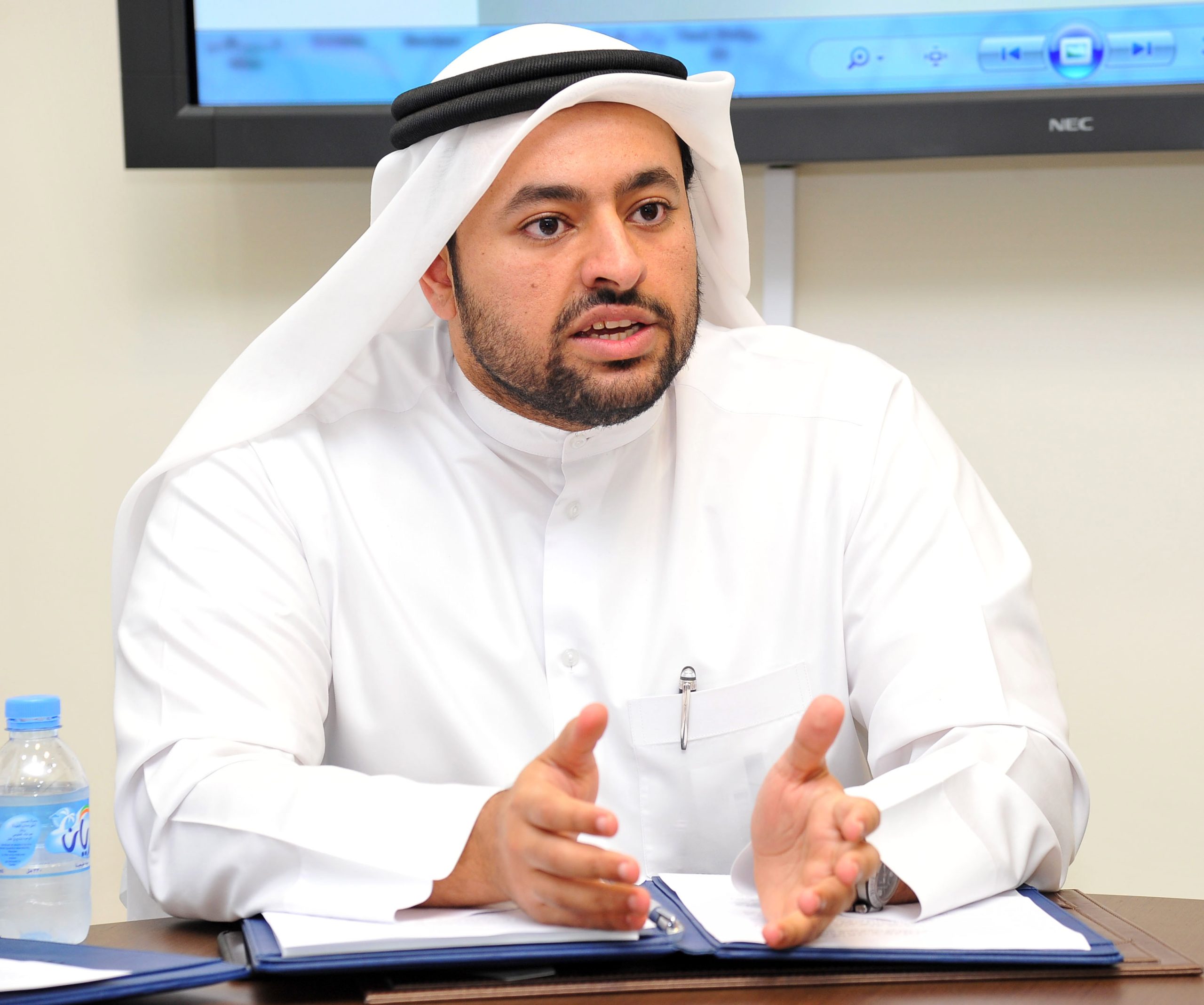Mediation in Somalia and elsewhere was highlighted during the panel discussion, which saw the participation of Qatar’s Minister of State of Foreign Affairs.
Qatar showcased its significant mediation role in global affairs at the 2024 Oslo Forum, which was attended by top officials.
The Gulf state was represented by its Minister of State at the Ministry of Foreign Affairs Mohammed Al Khulaifi, who spoke at a panel titled “Mediation Against All Odds” on Tuesday.
Al Khulaifi addressed inquiries regarding Qatar’s mediation activities, stressing that geography does not limit his country’s mediation efforts.
“We in Qatar don’t believe in boundaries,” he told the panel. “We don’t think that geography determines whether a mediator will be sufficient to fulfil this role or not. I think it’s our duty to jump in all crises in the world and participate as soon as the country is capable of fulfilling this role.”
Mediation in Somalia and the rest of Africa was another key topic highlighted during the panel discussion, which saw the participation of Somalia’s President Hassan Sheikh Mohamud.
Al Khulaifi underlined Qatar’s position in the Quintet Group that is aimed to support Somalia’s peace and stability. The group, which met for the third time a year ago, includes Turkiye, the United Arab Emirates, the United Kingdom and the United States.
The Qatari representative emphasised the ongoing need for increased international cooperation to address such challenges, highlighting how instability in one African nation can adversely impact the entire region. He pointed to crises in Somalia and Sudan as examples, underscoring the devastating effects of prolonged conflict.
“Tragedy is what’s happening in Sudan right now and it’s dramatically affecting the situation in the whole continent, not only in Sudan itself,” Al Khulaifi said.
“All of those cases affect directly or indirectly the other countries and therefore understanding the reality and putting your finger at the place and understanding the root of the problem is very essential for any mediator before dealing with any specific points,” he added.
In recent years, Qatar has undertaken various mediation roles in Africa.
In January 2023, Qatar attempted to host peace talks between the Democratic Republic of Congo and Rwanda to resolve the ongoing tensions between the two countries. However, conflicting reports at the time claimed that the meeting was cancelled due to a no-show by DRC’s leader.
Qatar also spearheaded mediation efforts between at least 50 Chadian political factions and groups in 2022. This culminated in the Chad Peace Agreement, following months of negotiations in Doha.
In 2021, Qatar played a significant role in facilitating reconciliation between Kenya and Somalia, following a dispute in which the latter accuse Nairobi of meddling in its internal affairs.
Outside of Africa, Qatar mediated between the United States and the Taliban in 2020, resulting in the Doha Agreement.
In the wake of the Taliban’s takeover of Afghanistan in 2021, Qatar led the largest airlift of people in history and successfully evacuated more than 80,000 Afghans and foreigners from the country.
Last year, Doha stepped in as an interlocutor between the U.S. and Iran in an effort to revive the 2015 nuclear deal, formally known as the Joint Comprehensive Plan of Action (JCPOA).
The effort led to a historic agreement on September 18, resulting in the release of five Iranians and five Americans, as well as the unfreezing of $6bn in Iranian assets overseas.
Additionally, Qatar acted as a mediator between the U.S. and Venezuela in the same year.
On December 21, Qatar’s mediation resulted in an exchange deal involving 11 prisoners between the two countries. According to the Associated Press, the exchange marked the largest release of U.S. prisoners in Venezuela’s history.
Currently, Qatar, along with Egypt and the U.S., is actively involved in efforts to secure a ceasefire in the Gaza Strip and to negotiate a release deal for Israeli captives and Palestinian prisoners.







